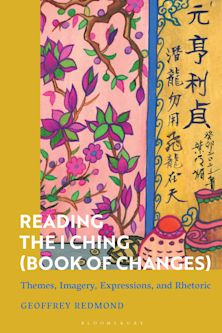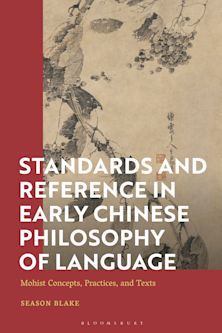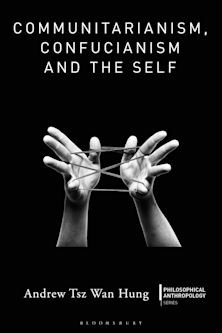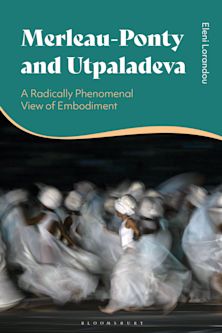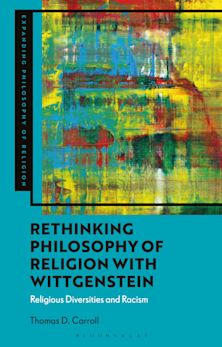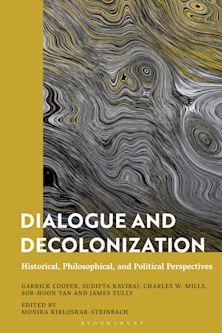The Idea of Qi/Gi
East Asian and Comparative Philosophical Perspectives
The Idea of Qi/Gi
East Asian and Comparative Philosophical Perspectives
This product is usually dispatched within 1 week
- Delivery and returns info
-
Free US delivery on orders $35 or over
Description
The notion of qi/gi (?) is one of the most pervasive notions found within the various areas of the East Asian intellectual and cultural traditions. While the pervasiveness of the notion provides us with an opportunity to observe the commonalities amongst the East Asian intellectual and cultural traditions, it also allows us to observe the differences. This book focuses more on understanding the different meanings and logics that the notion of qi/gi has acquired within the East Asian traditions for the purpose of understanding the diversity of these traditions. This volume begins to fulfill this task by inquiring into how the notion was understood by traditional Korean philosophers, in addition to investigating how the notion was understood by traditional Chinese philosophers.
Table of Contents
Chapter 2 Zhang Zai’s Philosophy of Qi - Jung-Yeup Kim
Chapter 3 Some Aspects of the Concept of Qi in Zhu Xi- Yung Sik Kim
Chapter 4 Dai Zhen’s Idea of Qi and His Critique of Neo-Confucianism - Suk Gabriel Choi
Chapter 5 Gwon Geun and Dasan on the Nature of the Mind-Heart - Halla Kim
Chapter 6 Toegye’s and Gobong’s Li-Qi Metaphysics and the Four-Seven Debate - Bongrae Seok
Chapter 7 Yi Yulgok on Gi/Qi, Self-Cultivation, and Practical Learning - Edward Y. J. Chung
Chapter 8 An Investigation of Hong Daeyong’s Gi Worldview - Jung-Yeup Kim
Chapter 9 The Position of Hyegang’s Philosophy in the History of World Philosophy - Jeong-Woo Lee
Chapter 10 Philosophizing “Jigi ??” of Donghak ?? as Experienced Ultimate Reality - So Jeong Park
Product details
| Published | Dec 03 2018 |
|---|---|
| Format | Hardback |
| Edition | 1st |
| Extent | 192 |
| ISBN | 9781498557979 |
| Imprint | Lexington Books |
| Illustrations | 2 tables; |
| Dimensions | 9 x 6 inches |
| Publisher | Bloomsbury Publishing |
Reviews

ONLINE RESOURCES
Bloomsbury Collections
This book is available on Bloomsbury Collections where your library has access.











